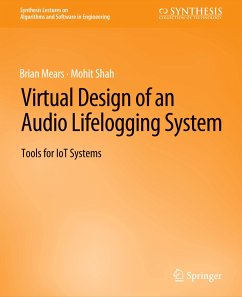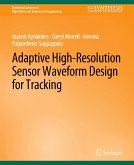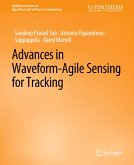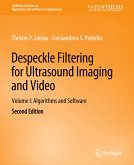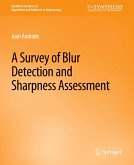The availability of inexpensive, custom, highly integrated circuits is enabling some very powerful systems that bring together sensors, smart phones, wearables, cloud computing, and other technologies. To design these types of complex systems we are advocating a top-down simulation methodology to identify problems early. This approach enables software development to start prior to expensive chip and hardware development. We call the overall approach virtual design. This book explains why simulation has become important for chip design and provides an introduction to some of the simulation methods used. The audio lifelogging research project demonstrates the virtual design process in practice.
The goals of this book are to:
explain how silicon design has become more closely involved with system design; show how virtual design enables top down design; explain the utility of simulation at different abstraction levels; show how open source simulation software was used in audio lifelogging.
The target audience for this book are faculty, engineers, and students who are interested in developing digital devices for Internet of Things (IoT) types of products.
The goals of this book are to:
explain how silicon design has become more closely involved with system design; show how virtual design enables top down design; explain the utility of simulation at different abstraction levels; show how open source simulation software was used in audio lifelogging.
The target audience for this book are faculty, engineers, and students who are interested in developing digital devices for Internet of Things (IoT) types of products.

